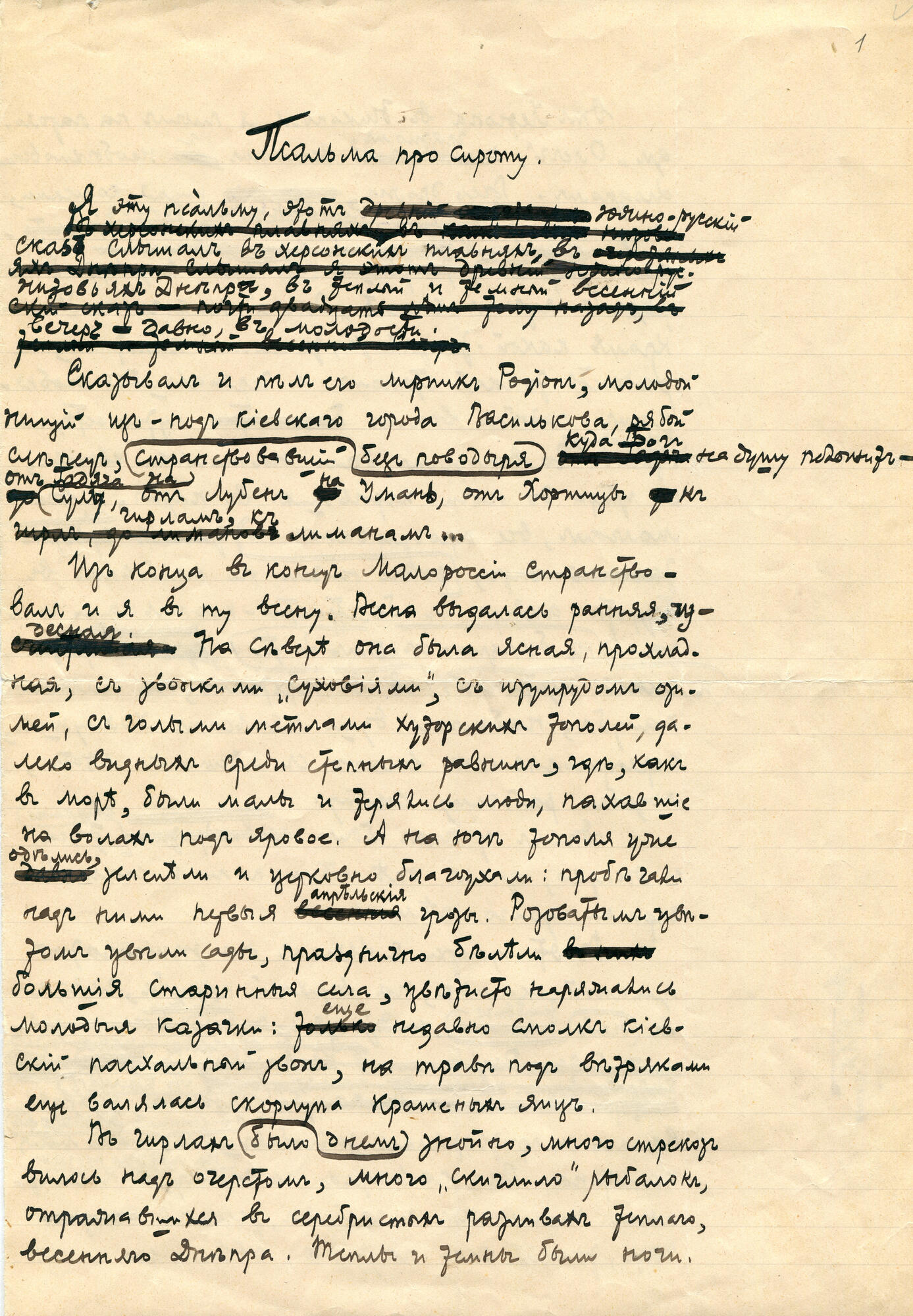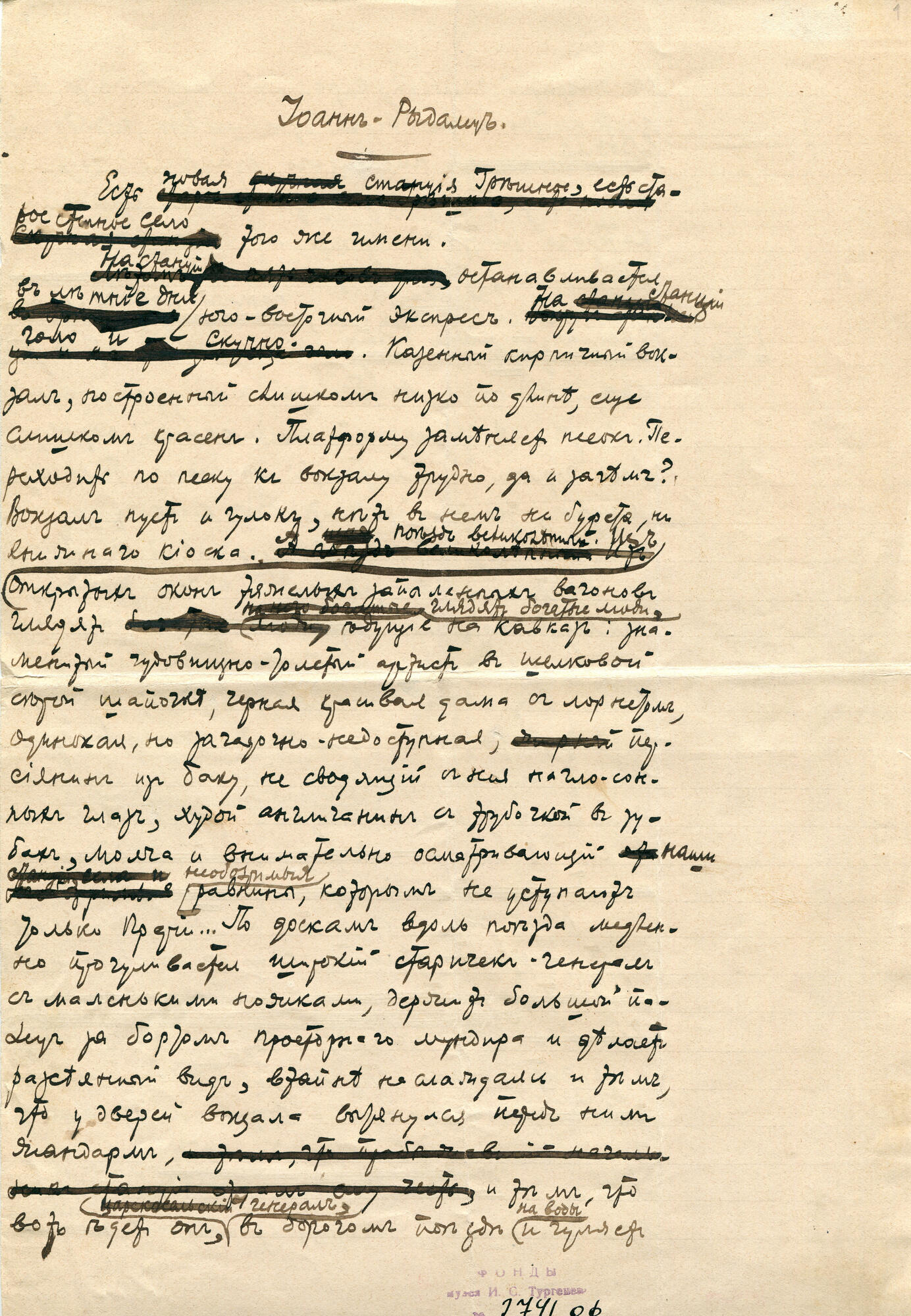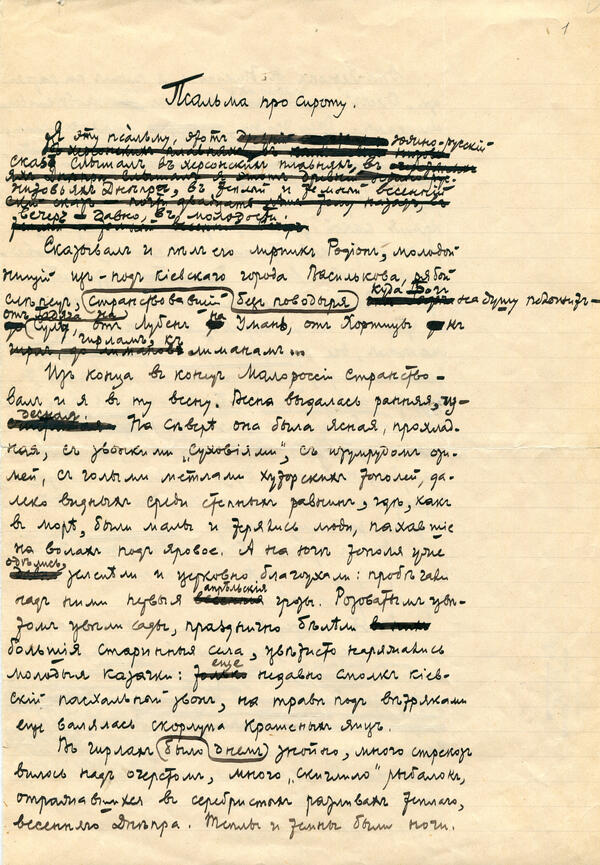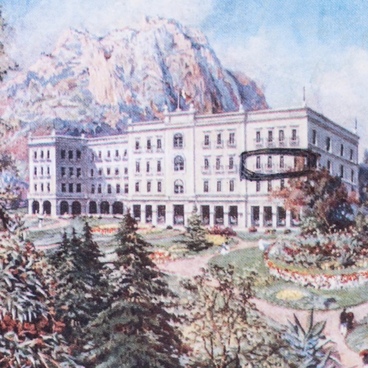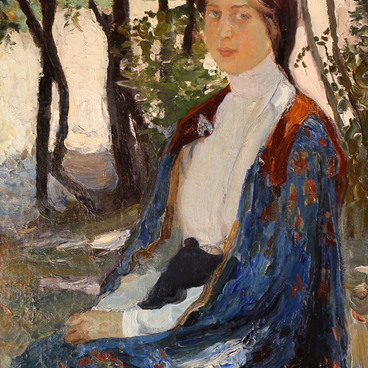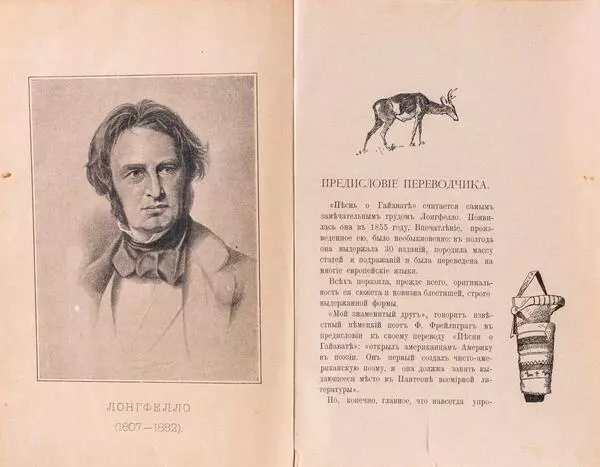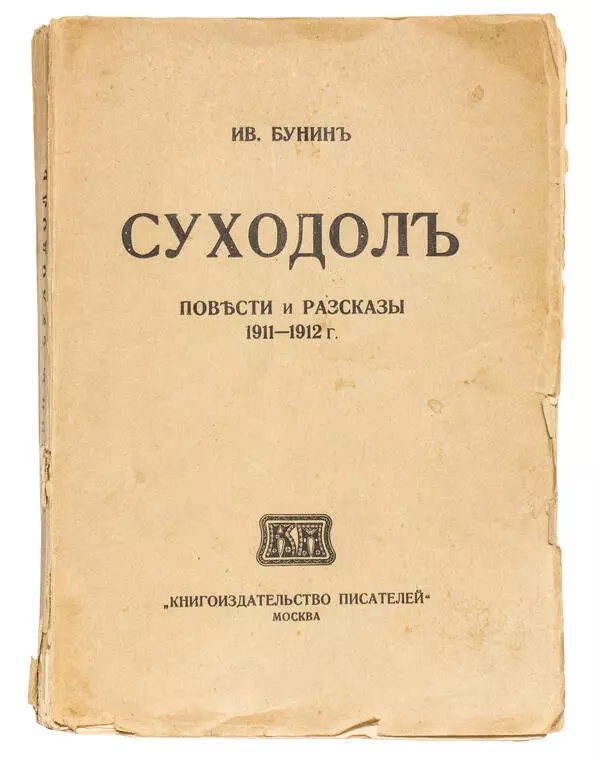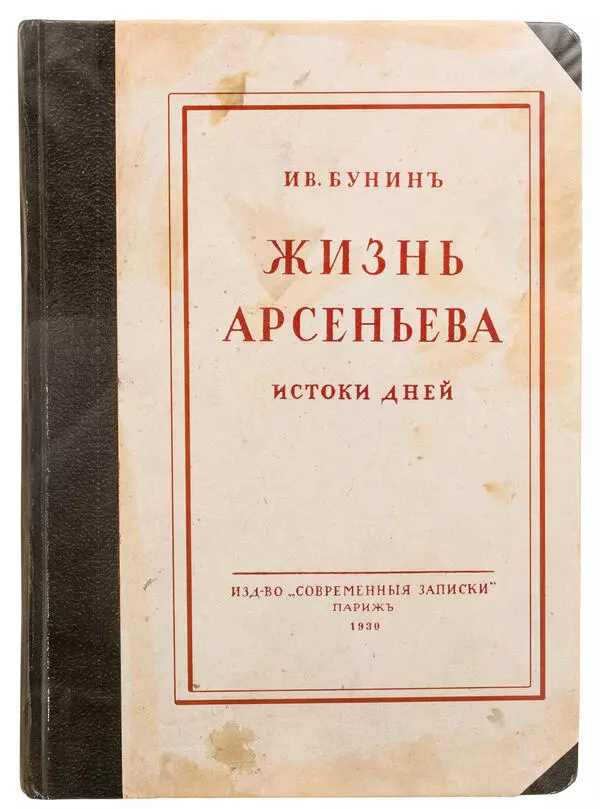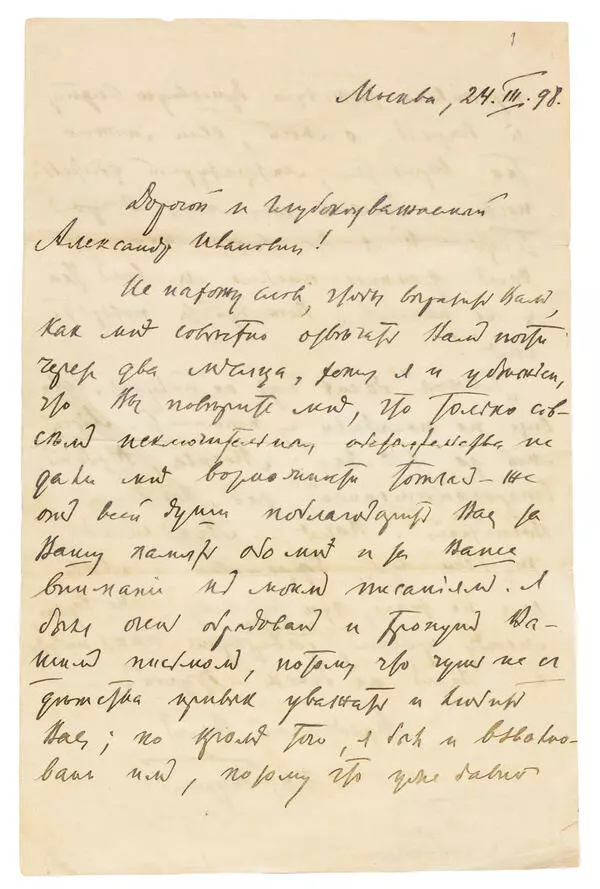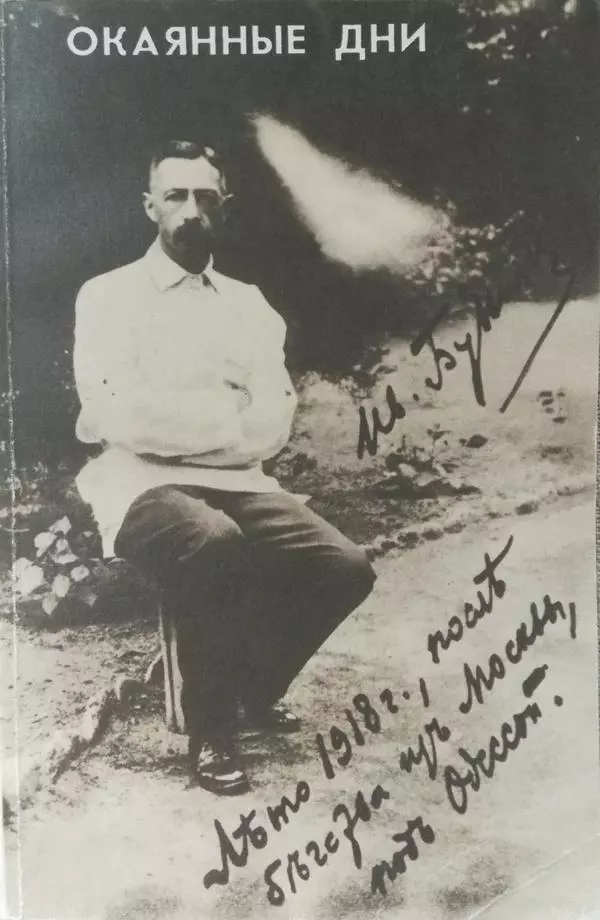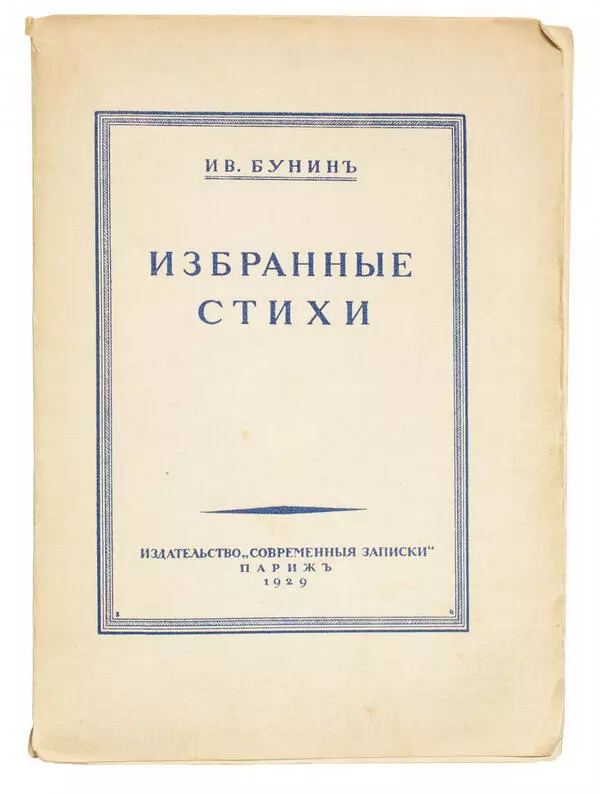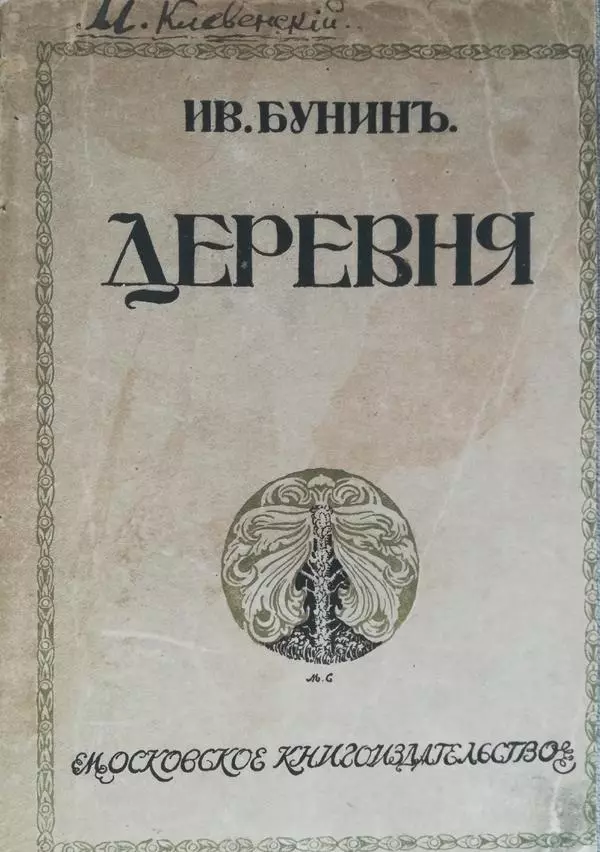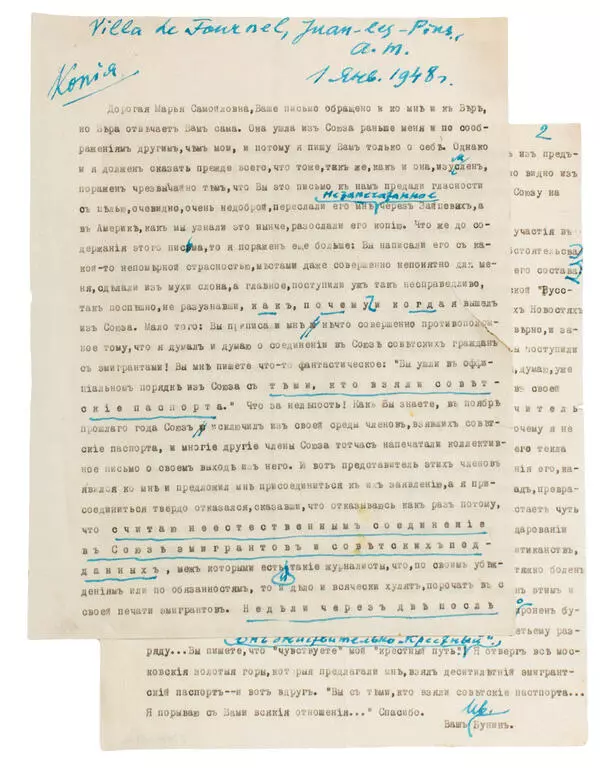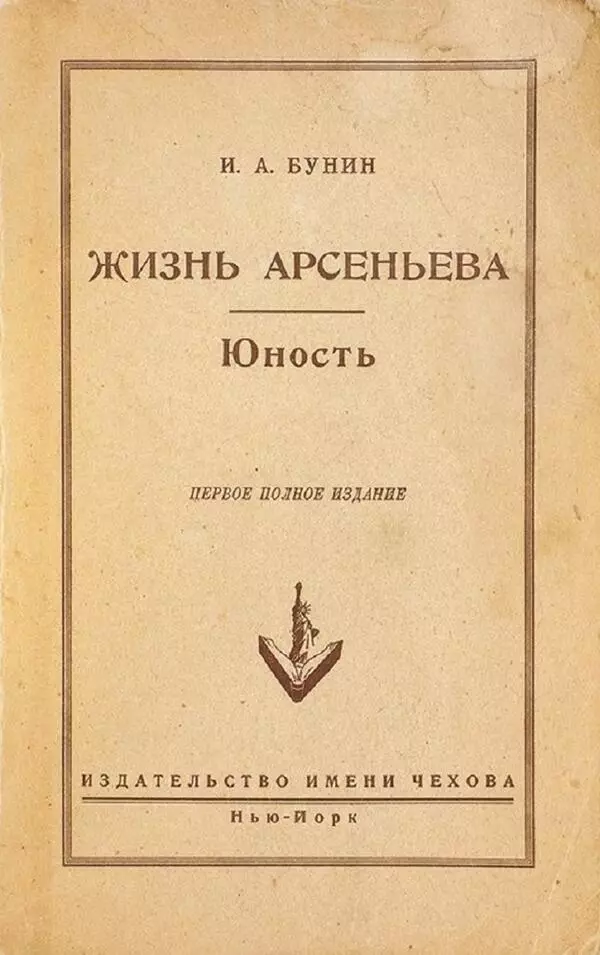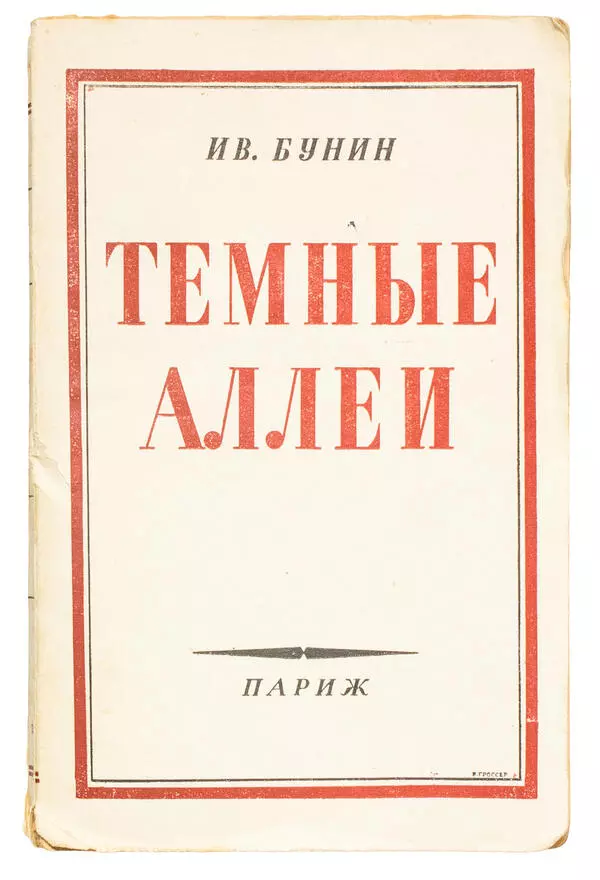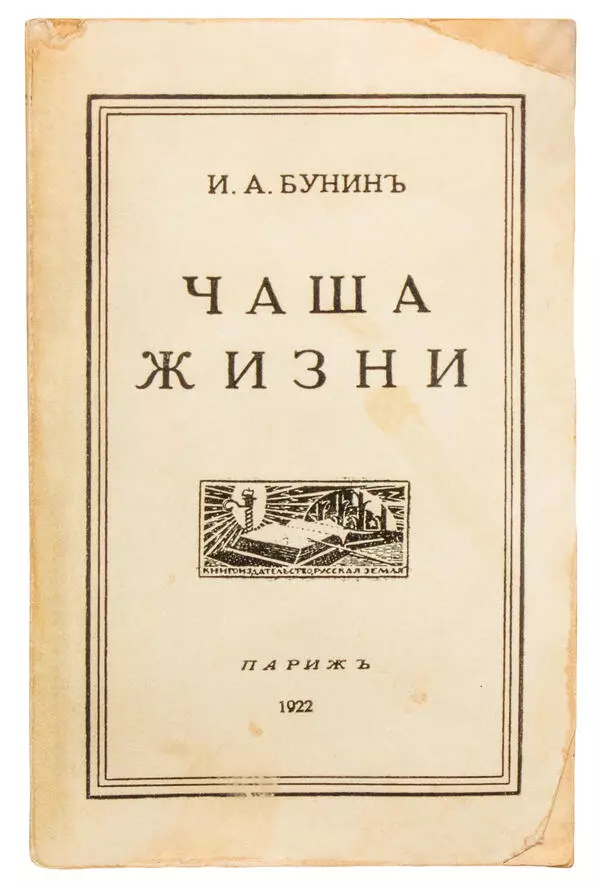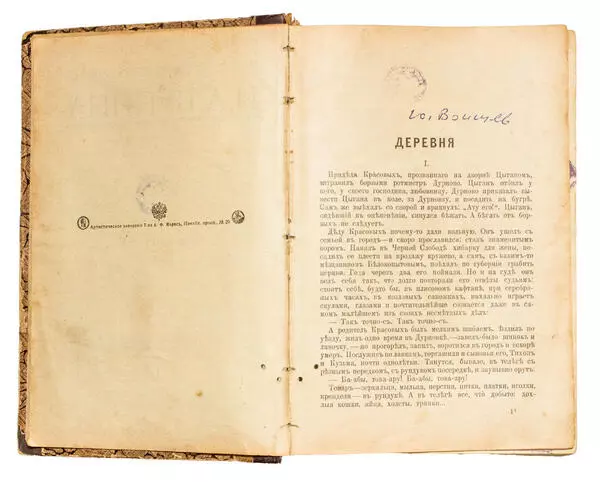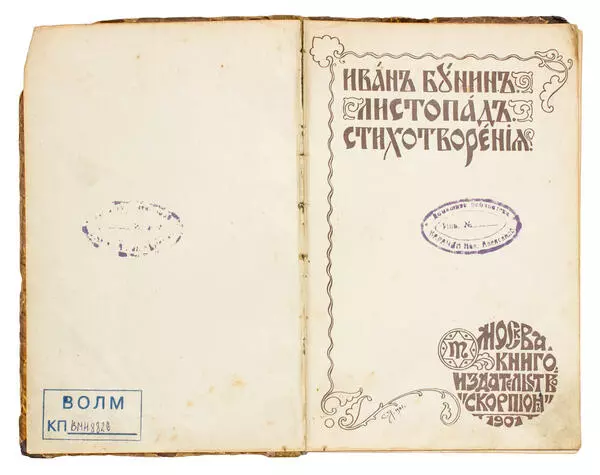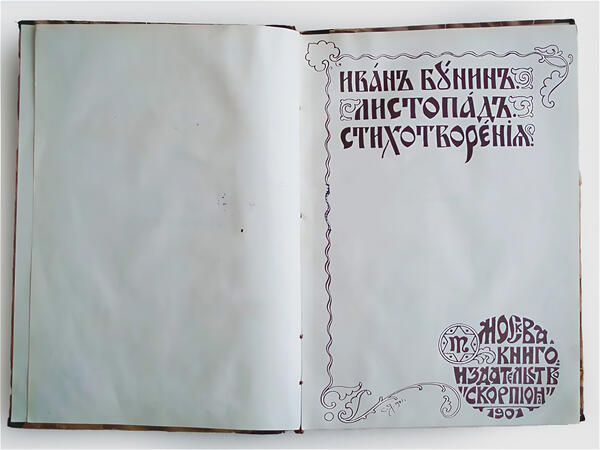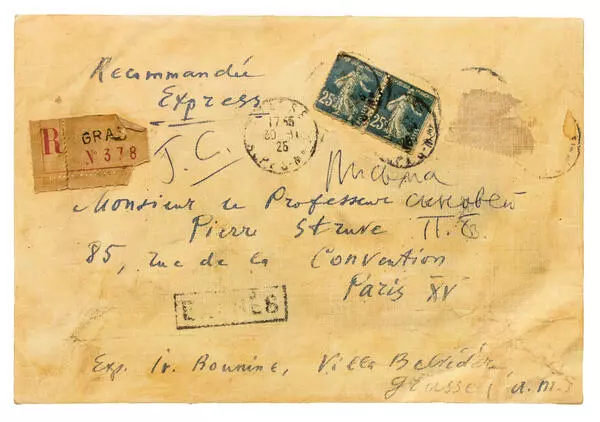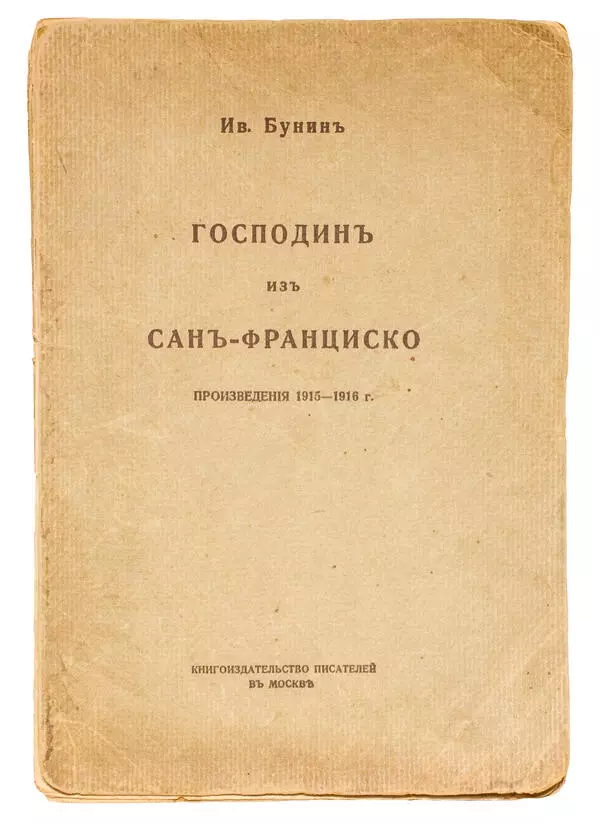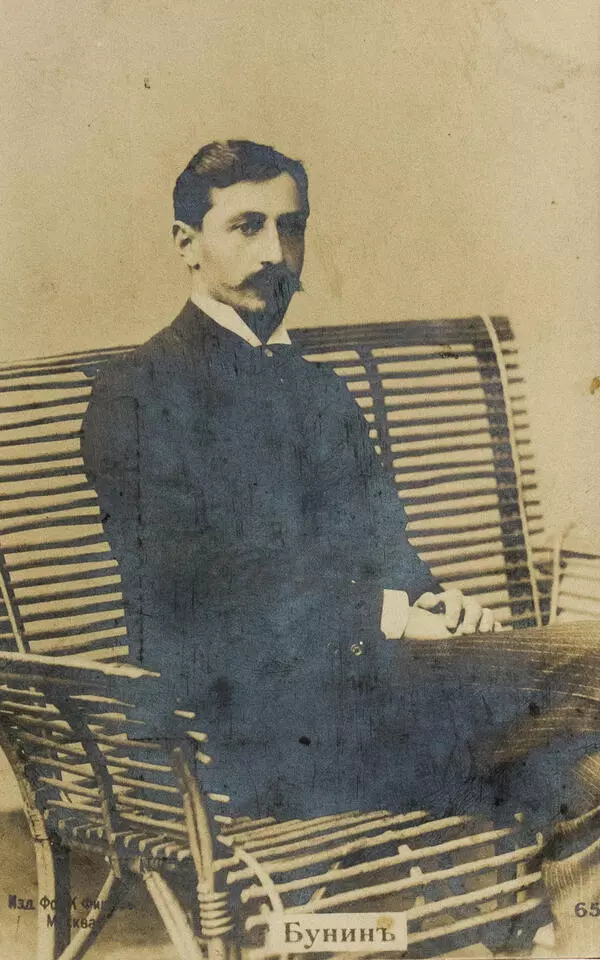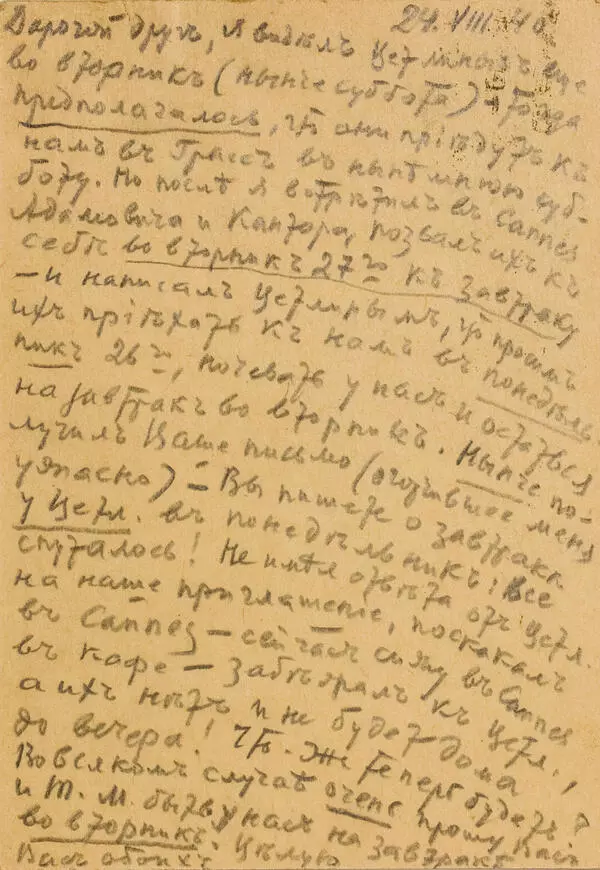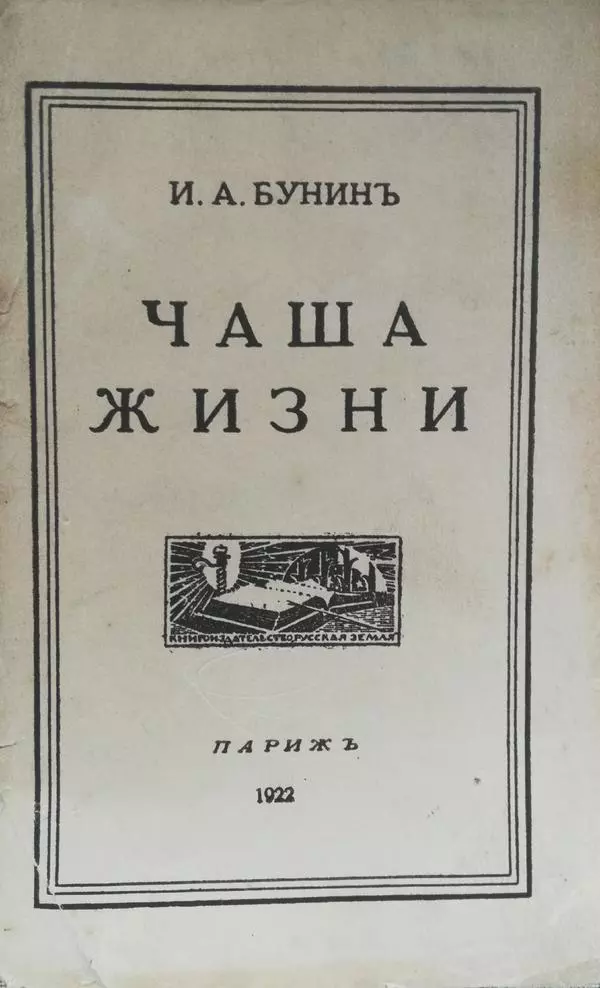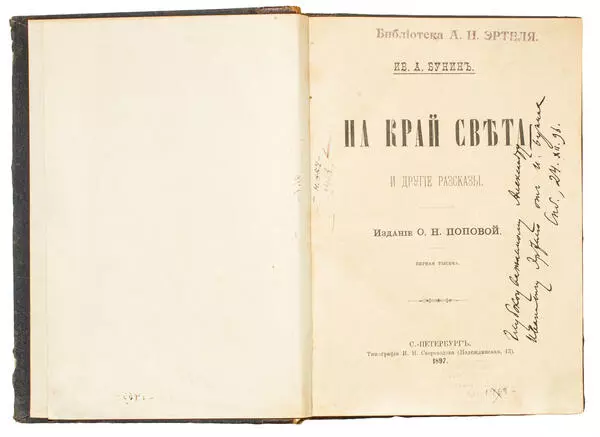СGorky’s tears were caused by a Ukrainian song quoted in the story. Bunin was interested in folk art all his life and quite often included folklore in his works. He remembered:
‘I remember everything affected me – a new face, some event, a song in the field, a story of a wanderer… My mother and servants loved to tell me things – I heard a lot of songs and stories from them’.
In his youth, Ivan Bunin went on a big trip along the Russian midland. Vera Muromtseva-Bunina, the writer’s wife, remembered:
“When young Ivan Alekseevich lived in Poltava, in the evenings the whole company went for a walk somewhere out of town. In the evening, they listened to wonderful Ukrainian songs, which were heard throughout the neighbourhood”. And the classic himself wrote to the poet Ivan Belousov:
“And I, my brother, am not writing anything again. I am still learning, – from books and life: I am wandering around villages, fairs, – I have been to three already, – I got acquainted with the blind, fools and beggars, listened to their songs”.
It was Bunin’s impressions of this trip that formed the basis of the story ‘Rodion the Lyrist’. And his main character even had a real prototype: the real lyrist Rodion, who Bunin once met. A collection of manuscripts by Nikolai Pusheshnikov, the writer’s nephew, preserved the original record of the full text of “Psalms about an Orphan”, at the end of which Bunin indicated the place of that meeting:
“Kiev Governorate, Vasilievsky uyezd, Rokitiansky province, Romashek village, Rodion Kucherenko. Recorded on the Dnieper. 1896” 